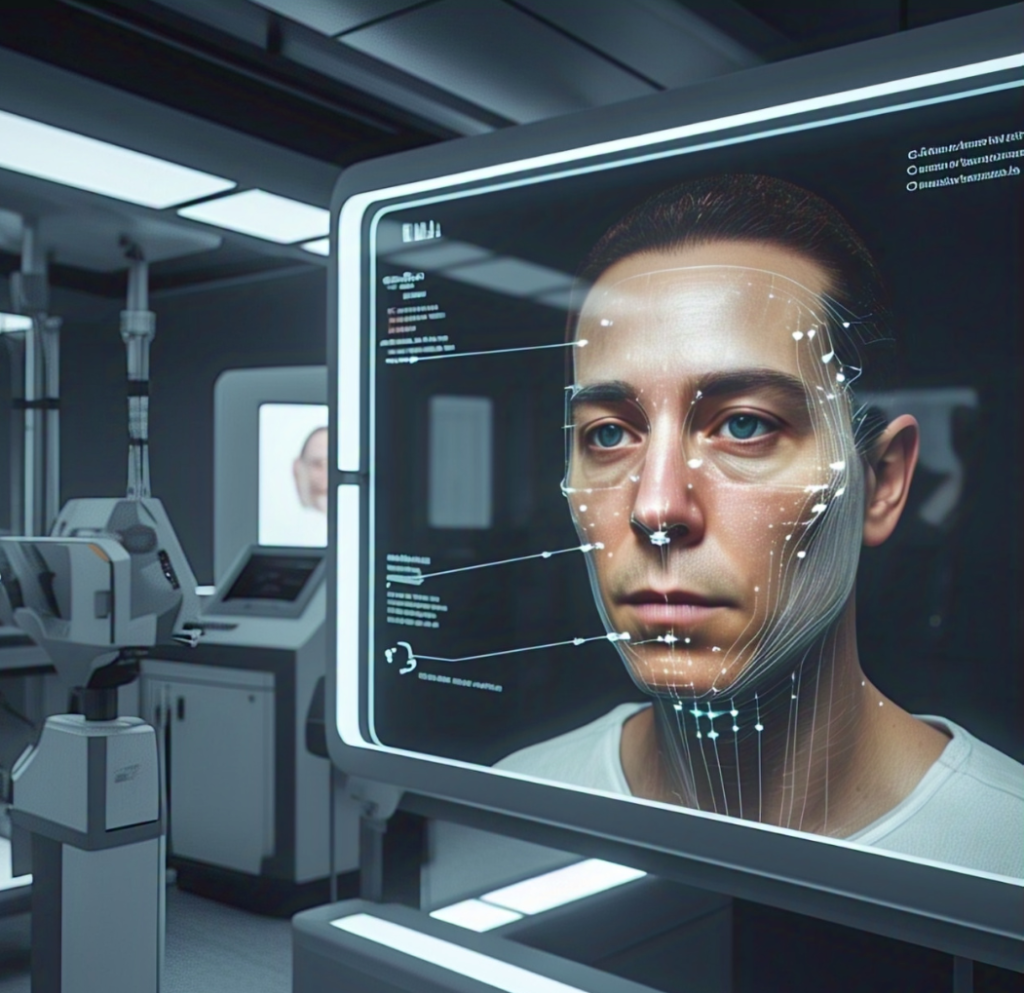The Future of AI in Cosmetic Surgery
Artificial Intelligence (AI) is revolutionizing the cosmetic surgery industry, pushing the boundaries of innovation and personalization. AI is reshaping how procedures are planned, carried out, and even how patients experience their aesthetic journeys as technology advances. Let’s dive into what the future holds for AI in cosmetic surgery.

- Personalized Consultations and Predictions
AI-powered tools can analyze a patient’s facial features, skin type, and body structure to create hyper-personalized treatment plans. Advanced algorithms simulate “before and after” visuals, giving patients a realistic preview of surgical outcomes. This boosts confidence and helps set realistic expectations. - Surgery Assisted by Robots Robotics, guided by AI, are enhancing precision in surgical procedures. From micro-needle placements for hair transplants to automated laser systems for skin resurfacing, AI reduces human error and improves safety. Robotic arms can perform delicate tasks with greater accuracy than ever before.

- Enhanced Diagnostic Tools
AI algorithms look at a lot of data to find small problems, like scans from 3D imaging or past surgical results. This helps surgeons identify potential risks, customize techniques for each patient, and achieve optimal outcomes. - Smart Recovery and Monitoring
Post-operative care is becoming smarter with AI-driven apps and wearables. These tools keep track of vital signs, alert patients and doctors in real time, and catch problems early. Virtual assistants also guide patients through recovery steps, ensuring they follow post-surgery protocols correctly.

- AI-Powered Skin Analysis and Non-Invasive Procedures
AI is making non-surgical cosmetic procedures more effective. Skin analysis apps assess issues like wrinkles, pigmentation, and acne, recommending personalized skincare treatments. AI also refines laser therapies, Botox injections, and filler placements for natural-looking results.
- Psychological and Ethical Considerations While AI enhances precision, the human touch remains vital. Ethical AI use ensures patients’ mental health is prioritized, preventing unnecessary procedures driven by unrealistic AI-simulated results. Future AI tools may even assess a patient’s psychological readiness for cosmetic surgery.
Conclusion
The future of AI in cosmetic surgery promises safer, more precise, and highly personalized experiences. As technology continues to advance, the collaboration between human expertise and artificial intelligence will redefine beauty standards, ensuring innovation without compromising empathy.






